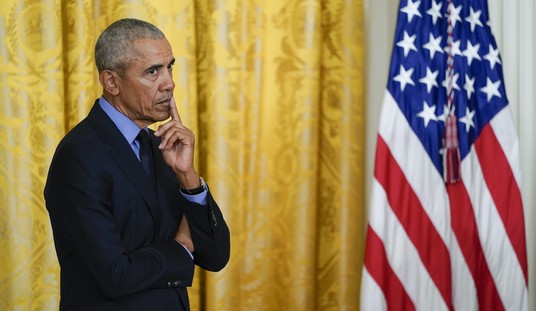President Trump is pushing Congress to deliver policy reforms that will boost Main Street businesses. The House-approved One Big Beautiful Bill Act that extends—and expands—expiring tax cuts is a prime example. Another is legislative action backed by Vice President J.D. Vance to loosen the grip that a modern-day credit card cartel has on small businesses.
You see, small businesses pay a “swipe fee” every time a customer taps, inserts, or swipes a credit card to make a purchase. These fees, generally between two and four percent of the ring-up price, are paid to the credit card network and bank managing the transaction.
On paper, “swipe fees” might seem like small change. But this hidden tax is secretly gobbling up more and more of small businesses’ bottom lines with no end in sight. To put this in perspective, “swipe fees” cost businesses $148 billion in 2024. That’s a $12 billion increase compared to the year before—a trend that is only expected to continue unless Congress acts.
The runaway hidden tax train is largely because of significant consolidation within the payments market. Two corporations—Visa and Mastercard—control 80 percent of consumer credit cards. With little competition, this financial tag team has the power to raise “swipe fees” with minimal pushback. As a result, the current processing fees are far higher than would exist in a healthy free market and often account for a small business’s second-highest operating expense behind labor costs.
In nearly all other areas of the economy, competition breeds innovation and drives down prices. The dynamic restaurant industry, where Americans enjoy many options, and the U.S. auto industry are prime examples. Ford, General Motors, and Stellantis—which manages brands like Jeep and Chrysler—have gone toe-to-toe for decades with newcomers like Tesla giving these legacy brands a run for their money.
Recommended
Now, Congress has a unique opportunity to foster similarly healthy competition in the credit card industry to lower prices for small businesses. The Senate recently moved forward with legislation called the GENIUS Act that would establish an overarching framework to oversee cryptocurrency, which is currently subject to a patchwork of confusing federal and state regulations.
Senators are working to include provisions in the bill that would open the door to more credit card companies to compete with Visa and Mastercard. That includes existing networks like Star, Shazam, or Pulse that are currently denied genuine opportunities to get a foothold in the market. More specifically, the legislation would encourage big banks with over $100 billion in assets to include one of these alternative networks on the credit cards they issue to consumers.
Injecting more competition into the credit card market will benefit Main Street in the long run. Experts predict businesses would save $16 billion annually in “swipe fees,” extra cash that could instead be reinvested into the business. Similar to the domino effect of tax cuts, job growth, higher employee wages, and operational expansions would be in the cards as a result.
That’s why it’s no surprise that new Job Creators Network Foundation polling finds not only strong support for making the 2017 Tax Cuts and Jobs Act permanent, but more than 80 percent of small businesses support this kind of free market credit card reform.
Running a small business will never be easy. However, President Trump and Congress are working to institute policies that will smooth the path to entrepreneurship and the American Dream. Tax cuts and reforms that would promote free market credit card competition are exactly what small businesses need to help deliver the next American Golden Age.
Alfredo Ortiz is the Chief Executive Officer of the Job Creators Network.

























Join the conversation as a VIP Member